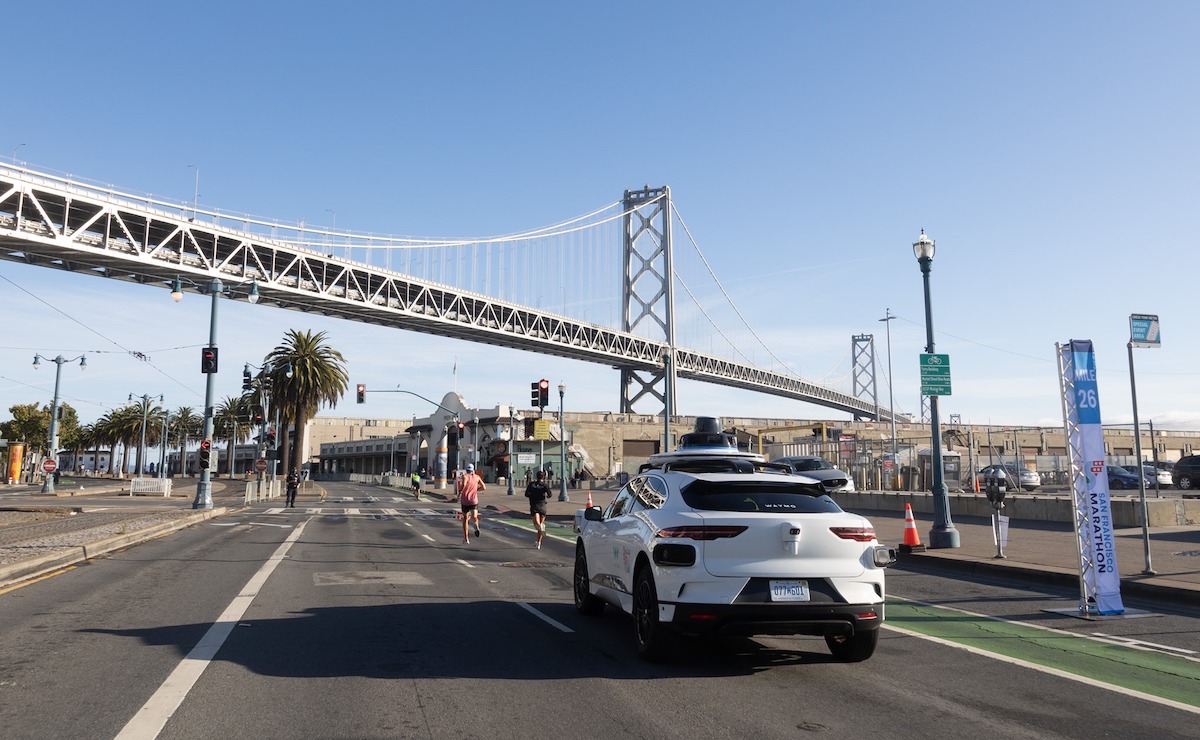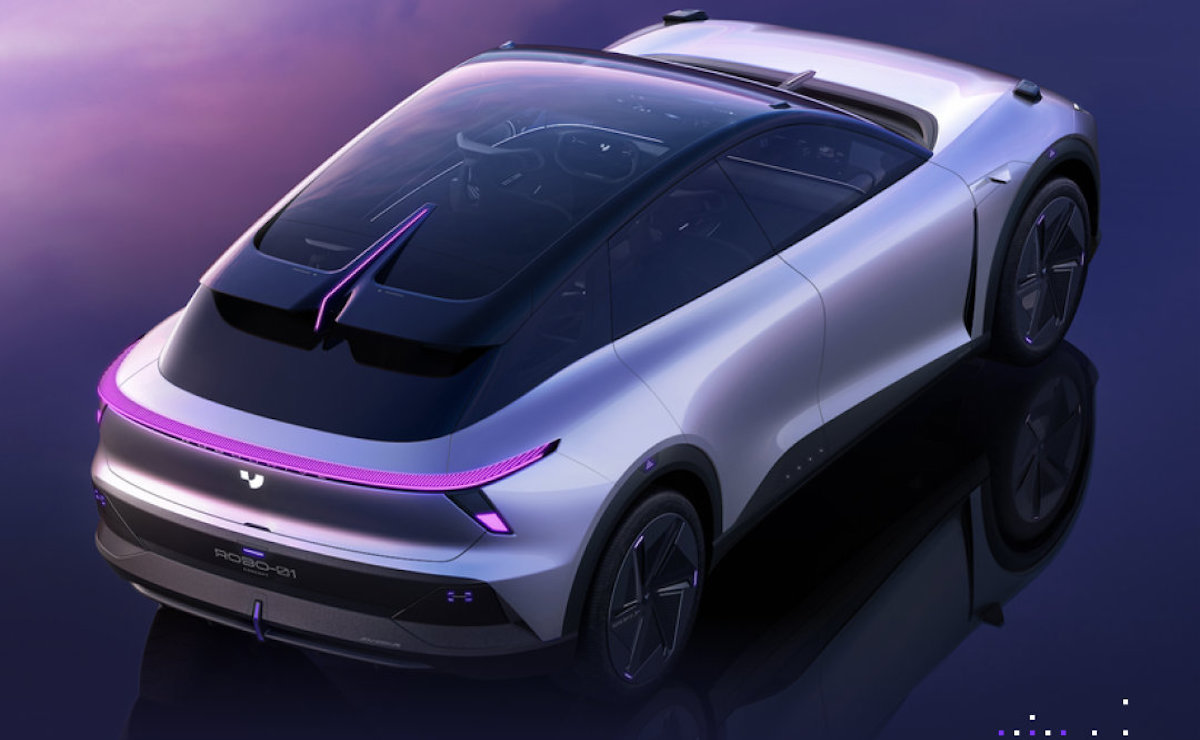Autonomous driving technology is the field of AI applications that influences human daily life the most. Due to the influence predicted to be wide and far-reaching, there is no precise timetable of commercialization in the process of costly R&D that is precautious and kept raising the bar of the reliability of the system. Since it’s an AI core application that takes enormous data for deep learning, it looks like that search engines like Google and Baidu that has map technology and vast client database have mastered the fundamentals of autonomous technology. In fact, these two companies are speeding up to capture the opportunity to enter the automotive industry for controlling the “soul” of future cars – autonomous driving.

The technology ability of Google’s Waymo, as the pioneer of the development of autonomous driving technology, is always among the top rankings around the world in recent years. Having said that, it’s just reference data from the annual road test reports in California, and there is no exact standard of test for evaluation. Even though Waymo owns top-end technologies, they lack the ambition in business cooperation… they neither want to master the ability of the development or production of whole cars, nor try to enter the supply chain of any brand successfully. They just take turns to cooperate with carmakers on retrofitting packages, to conduct lengthy road tests. Even though RoboTaxi services in rural Arizona or San Francisco are executed smoothly, Waymo’s kind of pure technological cooperation, without further integrated design works with styling and engineering teams from carmakers, will be difficult to form a business model in retailing market (regarding the regulation in Taiwan, the aftermarket LIDAR on the top of the car is illegal that it changed the dimension of the car. It can’t enter many underground parking lots in urban areas in real usage), except car sharing fleets and logistics services. It’s a pity that a company with enormous technological resources didn’t have a business model to enter the vast retailing market.

On the other side, Baidu’s autonomous driving platform Apollo has been launched for 5 years, and their RoboTaxi service began pilot run in Beijing one year ago. After years of cooperation with major carmakers around the world, Baidu determined to establish new car brand JiDU as a joint-venture with Geely last year. The development of new generation intelligent BEV of JiDU will be led by Baidu, plus technologies from Geely’s SEA (Sustainable Experience Architecture) intelligent vehicle platform, it’s scheduled to introduce the first so called “car robot” production car next year. This complete synergy of tech giant and carmaker will absolutely be the focus for the automotive industry around the globe to pay close attention. I believe that Baidu, which is along with IT companies Waymo, Nvidia, Argo AI in the global leading group of autonomous driving technology, will invest enormous resource in JiDU operation in the coming years. They held the first brand event – JiDU Roboday on the Baidu Metaverse Platform “XiRang” on 8th of June, and introduced the ROBO-01 concept car that has combined various innovative technologies altogether (I will post another article to discuss about this car). Will Baidu be the pioneer to enter the mass production phase of fully-autonomous driving vehicle in the global automotive industry?